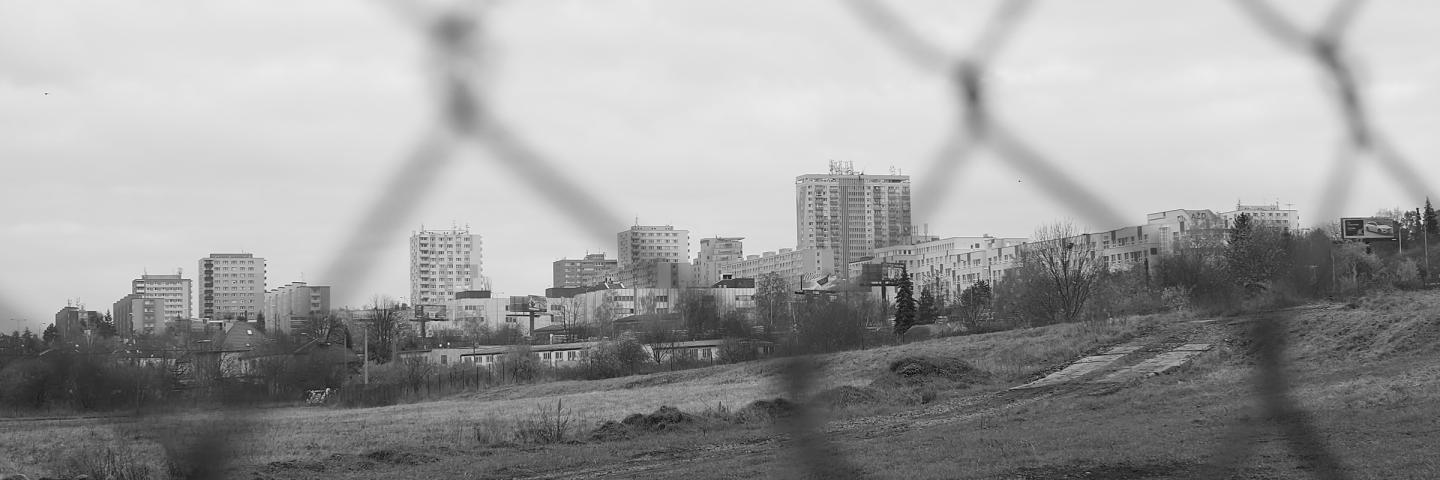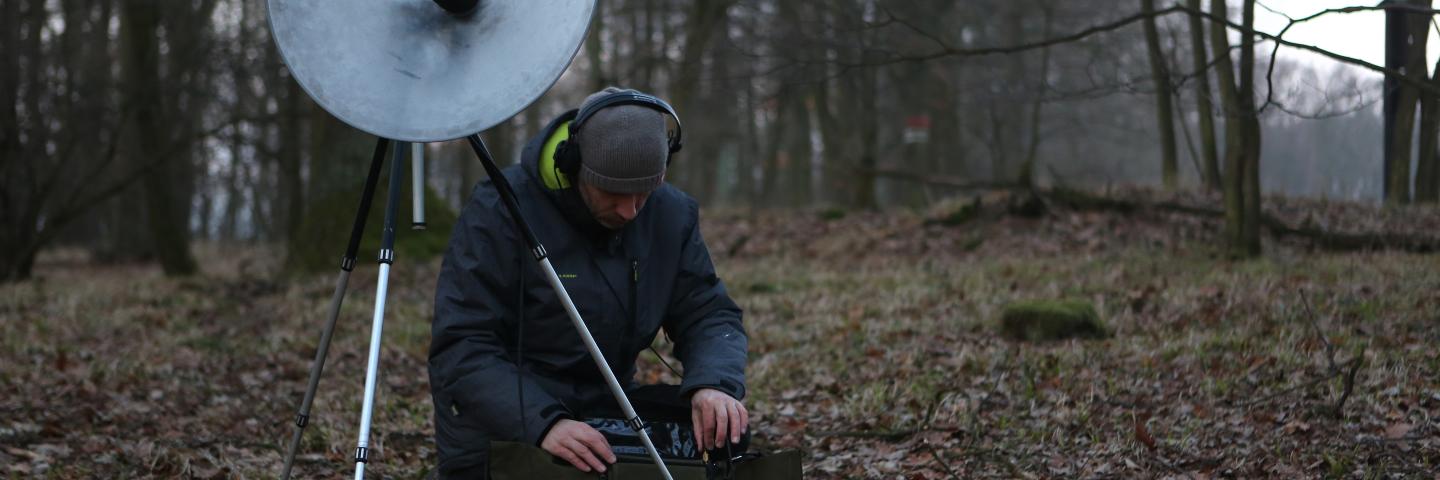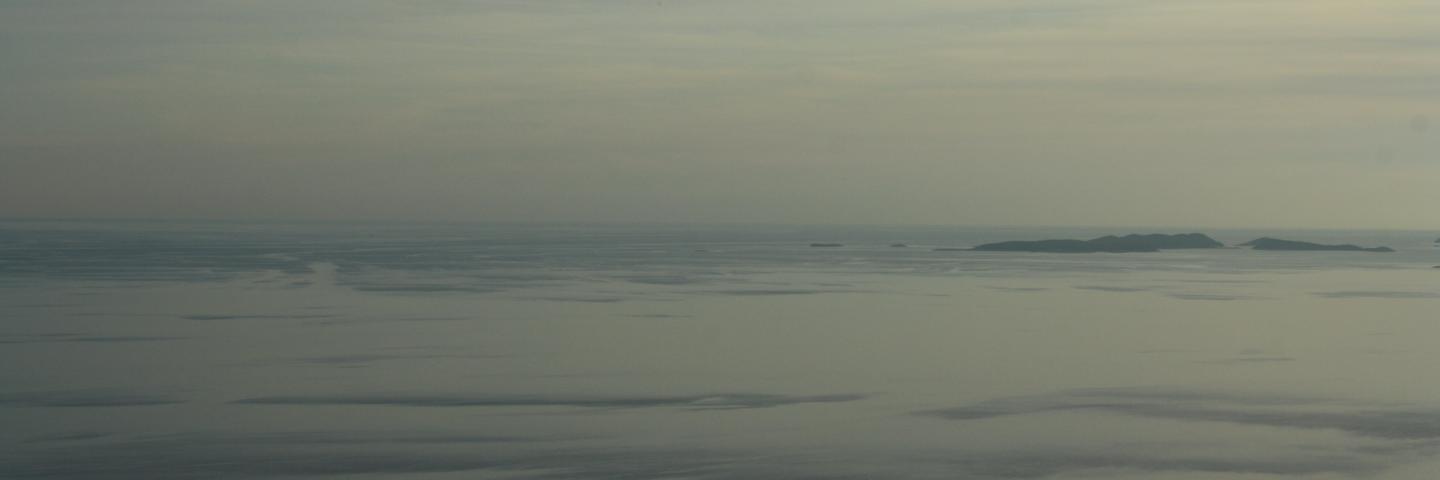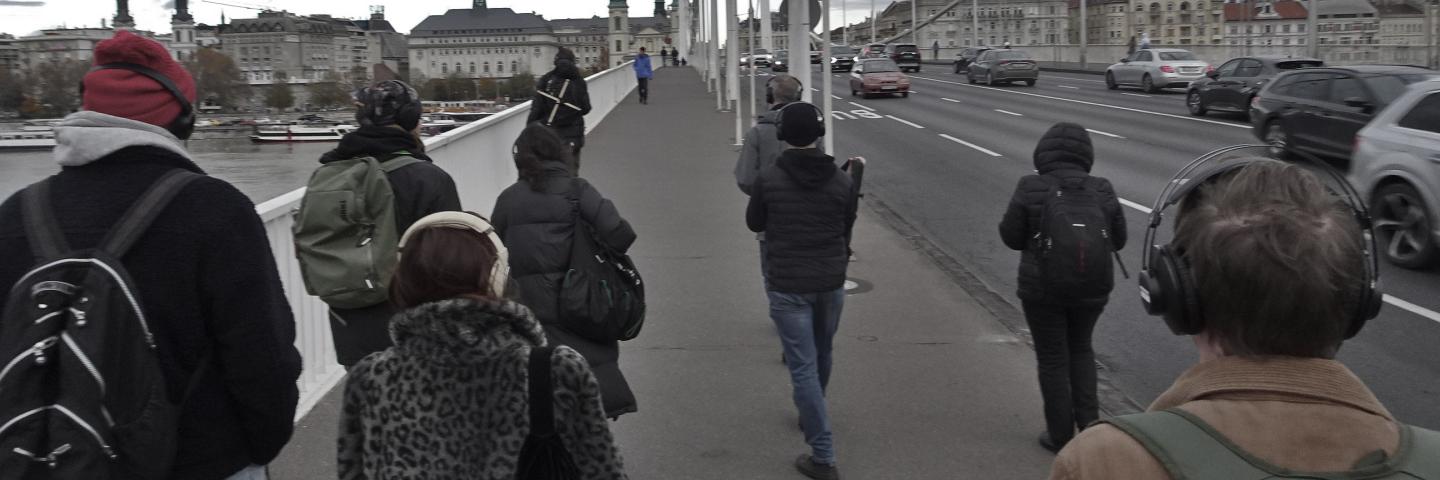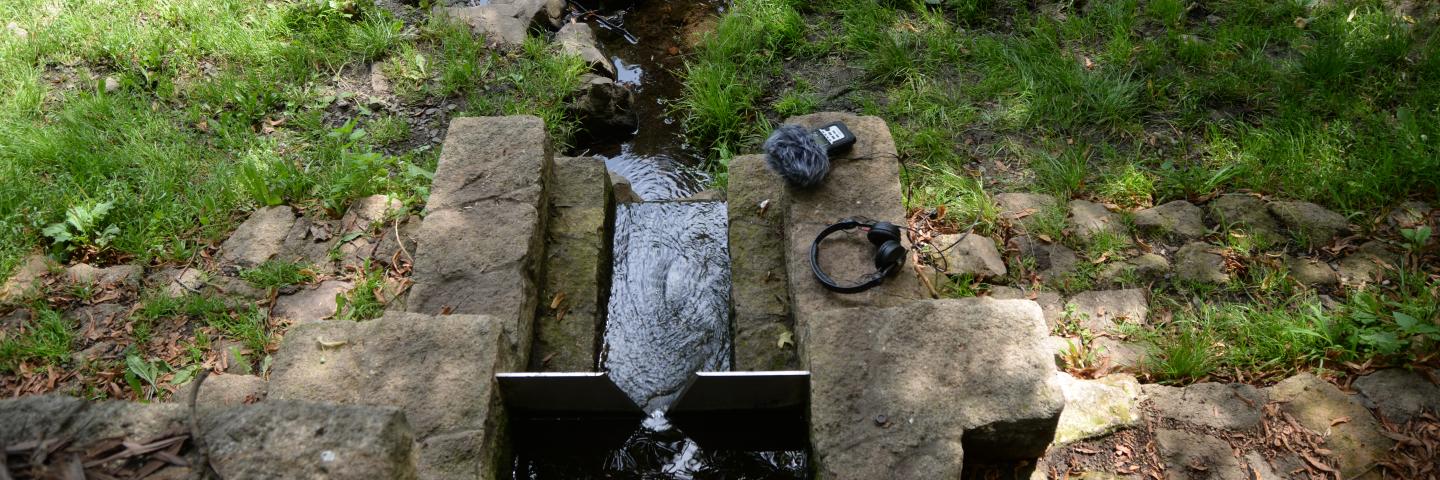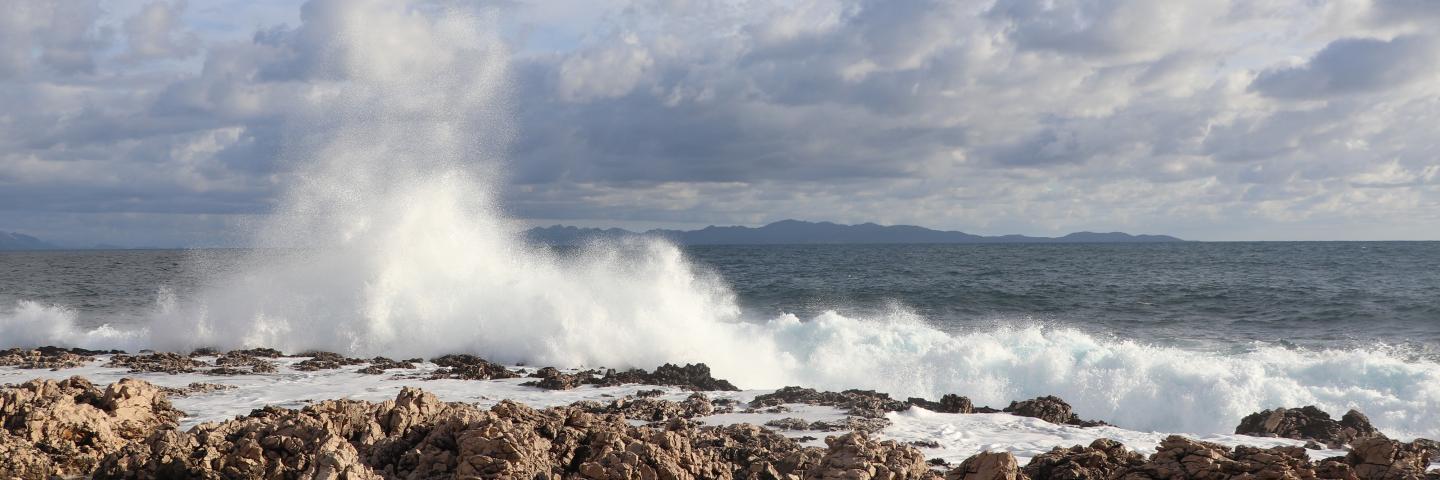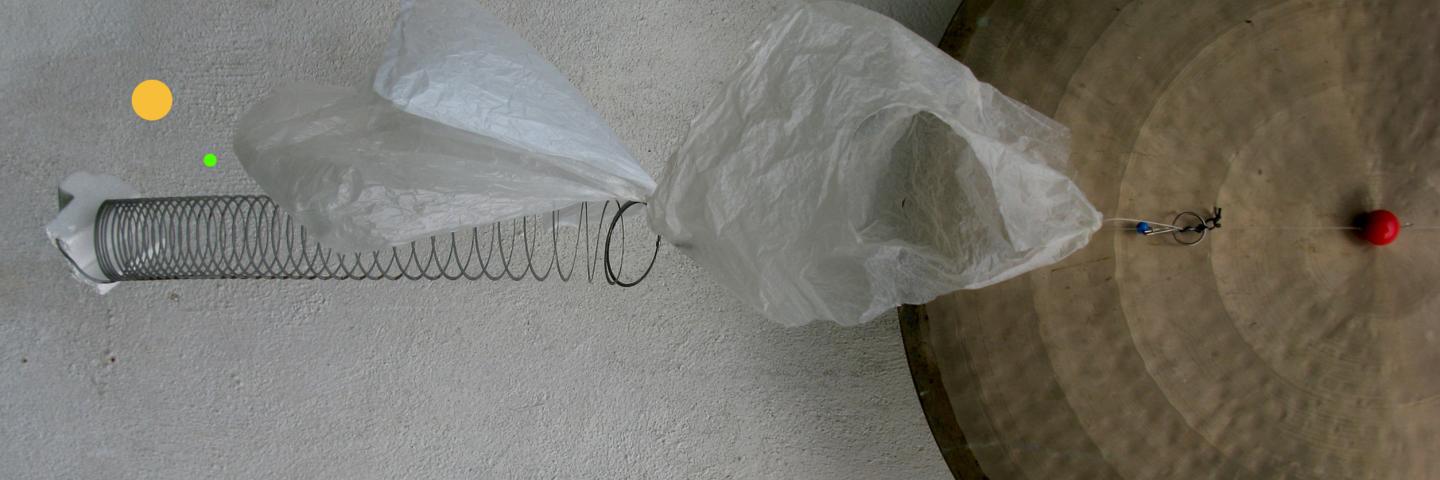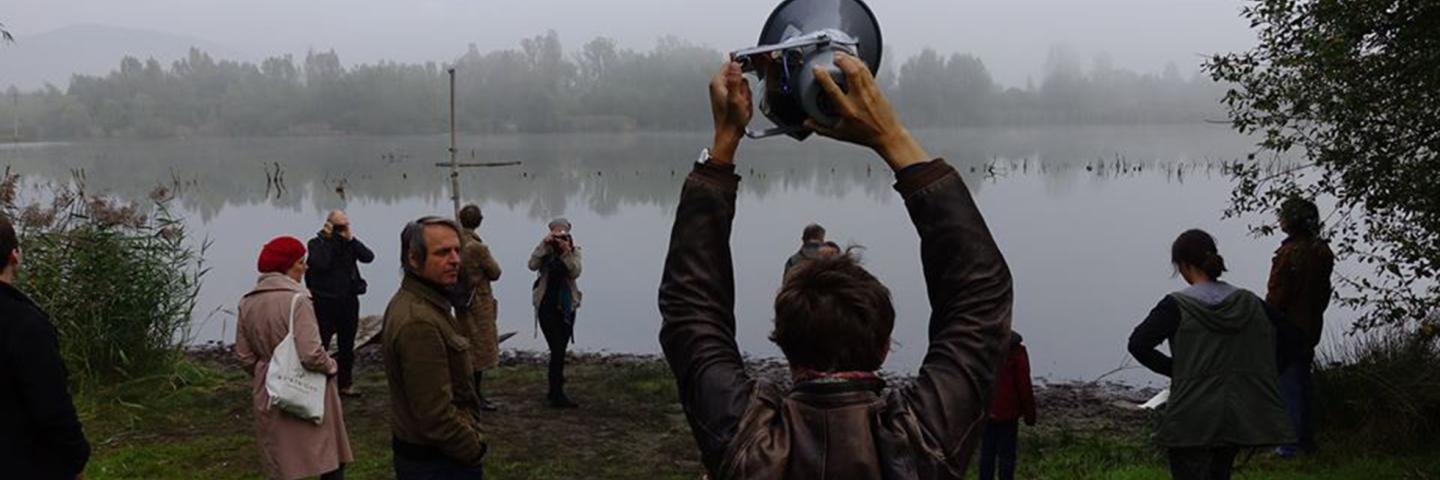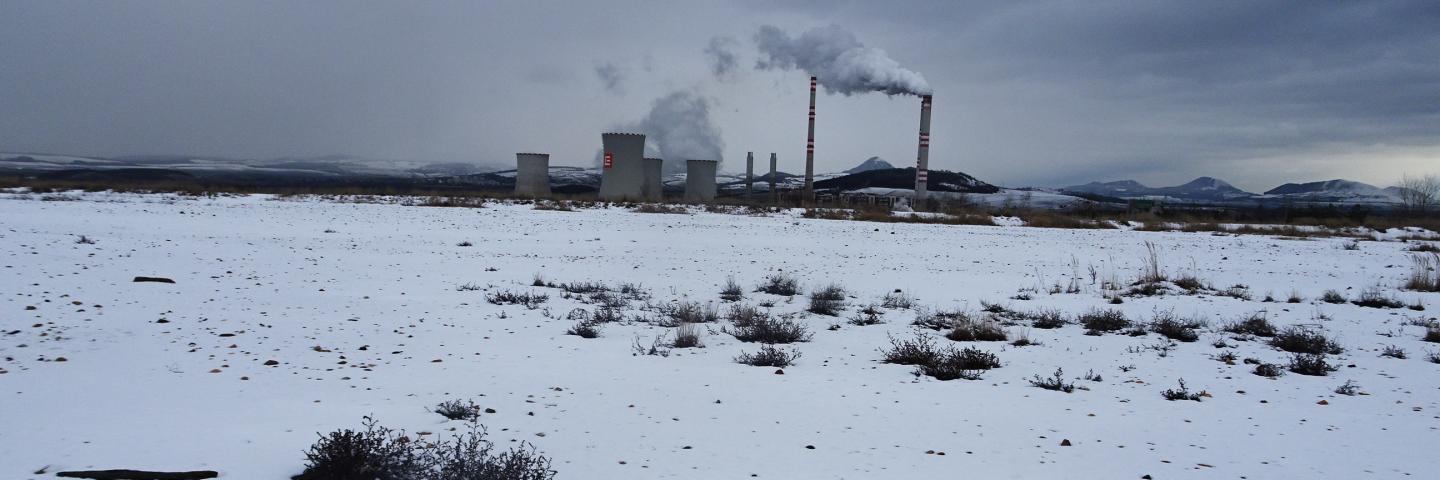
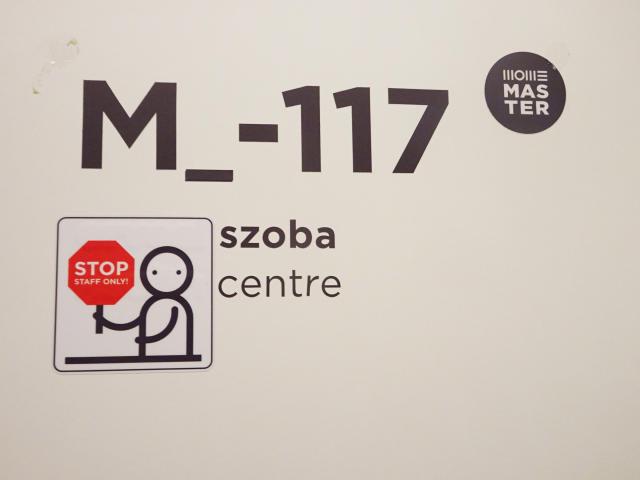
How Can We Activate Ecology of Sound Beyond Listening?
Saturday - 16:30 –18:00
...
It is certain that the effects of anthropogenic climate change are having increasingly profound impacts on physical and biological earth systems, including us. But it is almost certain that humans, including the rest of higher organisms, have the capacity of feedback, to adapt, to pause, stop overproducing goods and sounds. Through active listening, people search for and establish healthy emotional relationships to others, to societies, to environments, to more than the human world we inhabit. We can listen and enjoy the diversity and quality of the universe, including the sonic part of it. Such attunement helps to stimulate solidarity and sense of stewardship, and can potentially adress and mobilize people around the burning issues of climate change impacts.
Without the arts, we would not be challenging perceptual questions, and without science we would not have such sophisticated tools to undertake these analyses and to foster our ability to construct predictive models. But are arts and science reaching a broader public? Do artists and scientists care about addressing and expanding the “community of listeners”, reaching a critical mass to arrive at a decisive turning point? Even though there is today clear evidence, including hard data, from local and global observations, to historical knowledge of patterns of change.
Gregory Bateson in "Steps to an Ecology of Mind" claims that “The problem of how to transmit our ecological reasoning to those whom we wish to influence in what seems to us to be an ecologically 'good' direction is itself an ecological problem. We are not outside the ecology for which we plan — we are always and inevitably a part of it.”
So how can we help to change attitudes and persuade the public that it is time to change the dangerous trajectory we are on?
We would like to invite you to this closing panel roundtable discussion to grapple with these and other issues, including the outcomes from the conference as well as the future of collaboration in and beyond the region.
